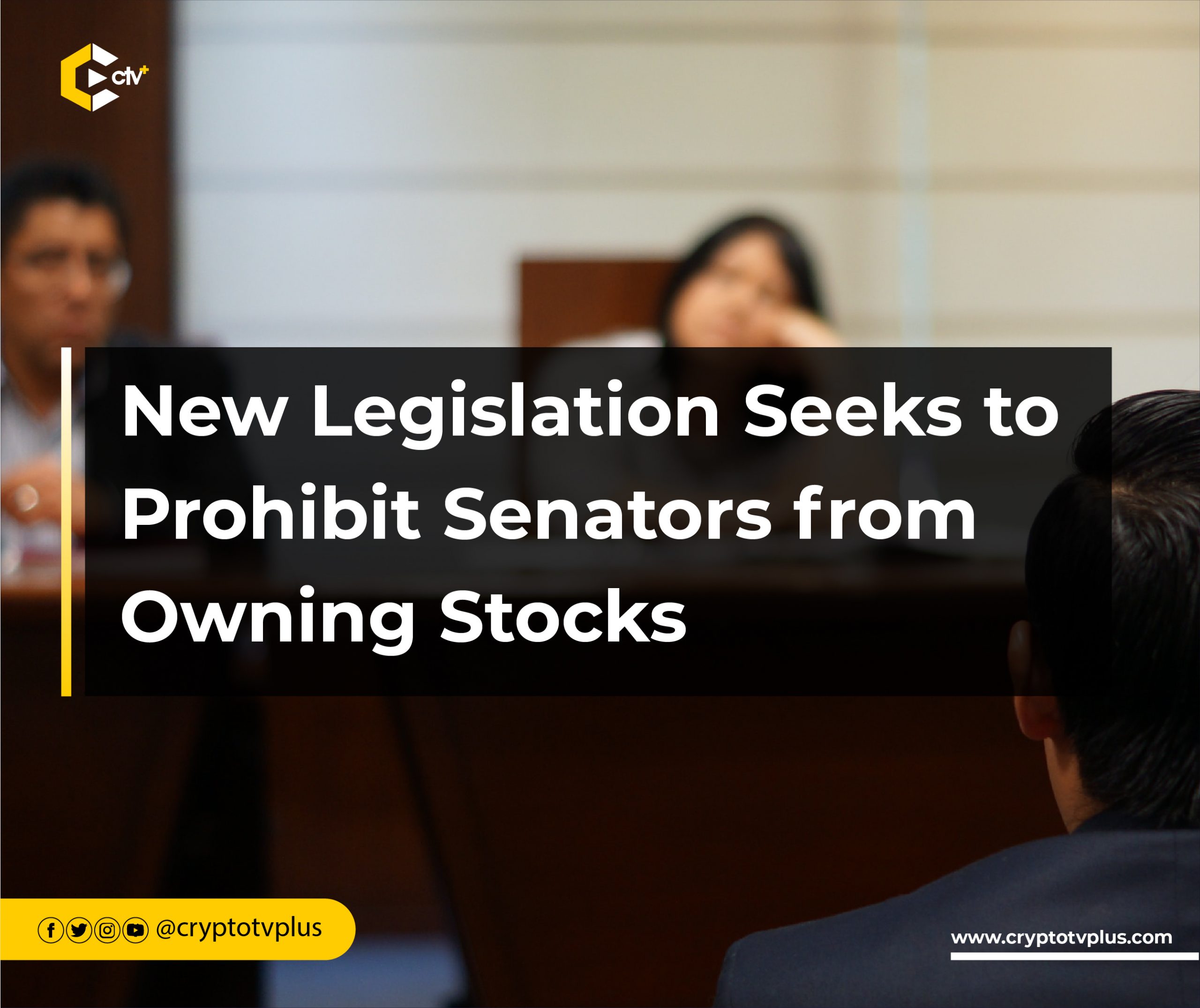News
New Legislation Seeks to Prohibit Senators from Owning Stocks

Senators Gillibrand and Hawley are presenting a bipartisan bill that prohibits executive and legislative branch officeholders, as well as their families, including Congress members, from owning individual company stocks.
The proposed legislation also bans the use of blind trusts, mandates greater filing transparency, and imposes higher penalties for violations, with fines of at least 10% of the value of prohibited investments for members of Congress.
The bill aims to promote transparency and ensure elected leaders prioritize public interests over personal financial gains, as Gillibrand stated: “Sunlight is the best disinfectant.”
“My bill with Senator Gillibrand is common sense: ban elected and executive branch officials from trading or holding stocks, and put the American public first,” Senator Hawley says.
It can also be recalled that in May 2023, US Representatives Alexandria Ocasio-Cortez and Matt Gaetz proposed a bipartisan bill, H.R. 3003, to ban Congress members from trading and owning stocks. The legislation also extended the prohibition to congressional spouses and dependents.
The agreement across the political spectrum seeks to reform common congressional stock market practices. The bill has garnered support from representatives of different caucuses, indicating broad approval.
The issue of stock ownership in Congress has been a concern for some time, but this bill marks the first significant step toward addressing it. Supporters argue that members of Congress should not be trading stocks based on classified information, and their focus should be on serving the American people, not personal financial gains.
As many as 78 members of Congress were discovered to have violated the STOCK Act by failing to properly report their financial trades. The STOCK Act was enacted in 2012 to combat insider trading and conflicts of interest among Congress members and increase transparency in their financial dealings.
The law requires lawmakers to publicly and promptly disclose any stock trades made by themselves, their spouses, or dependent children. However, many Congress members have not fully complied, offering various excuses such as ignorance of the law or clerical errors.
Despite facing fines, the penalties are often small and sometimes waived by ethics officials. Some lawmakers and ethics watchdogs have called for stricter penalties or a ban on federal lawmakers from trading individual stocks.
Read also; Arbitrum Foundation unveils first grant program for ecosystem growth
























